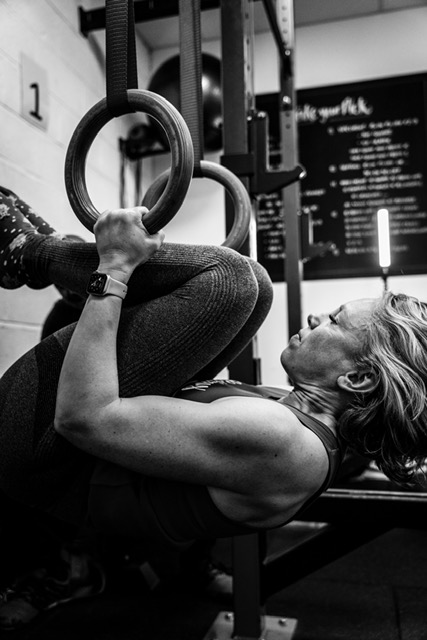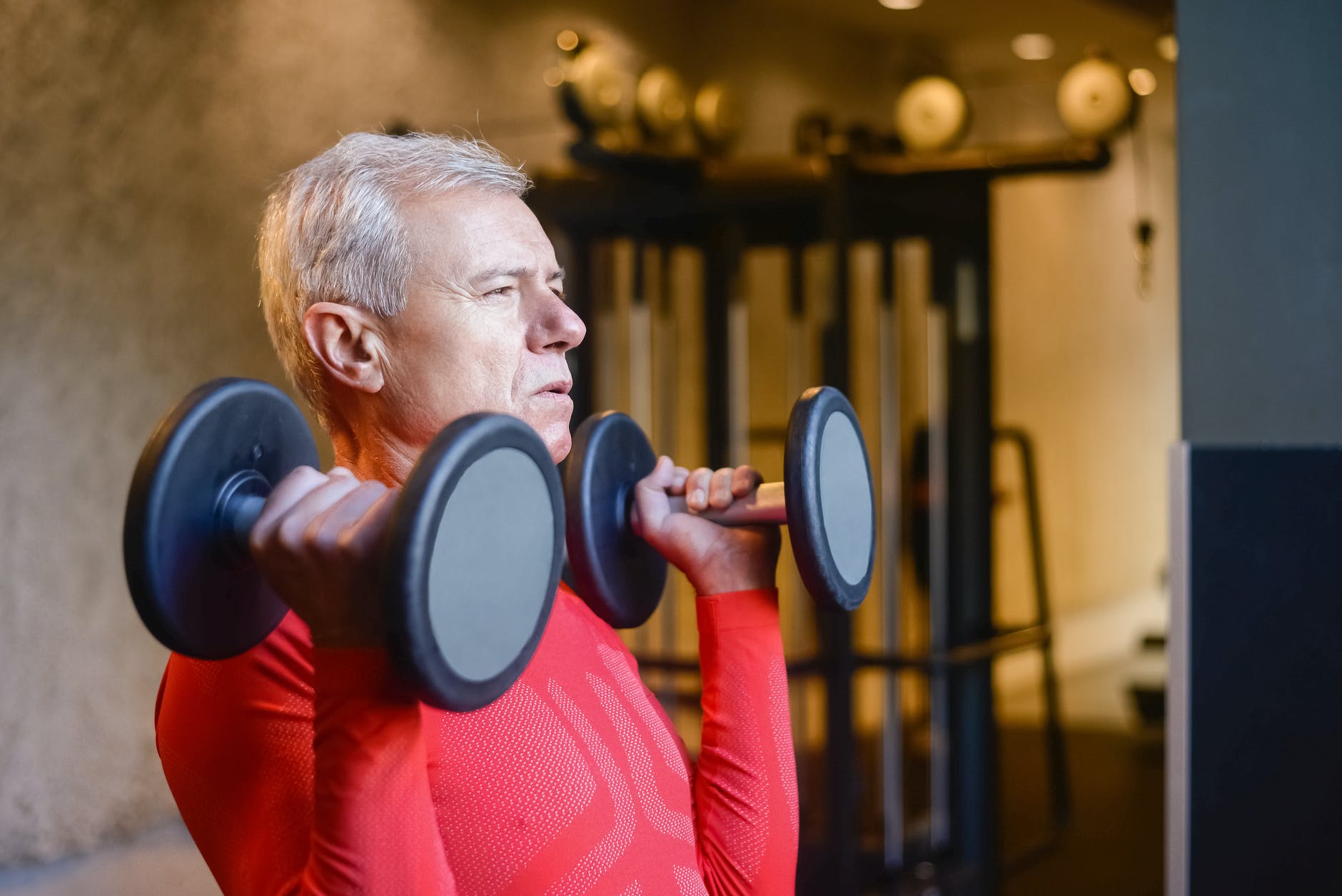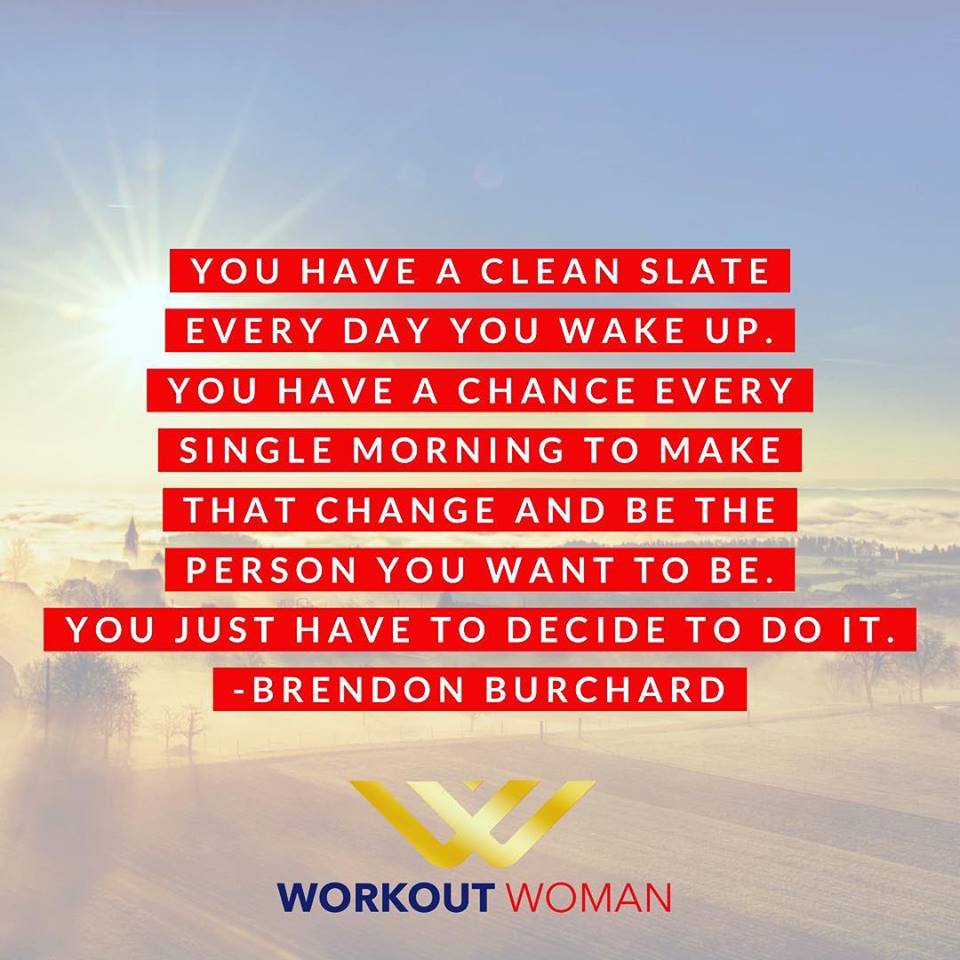
Hey fans, it’s time to continue with our look at how strength training benefits different groups of people. This week we’re taking a deeper dive into strength training during perimenopause. For the purposes of this article, please know that when I refer to the issues facing those in perimenopause, I’m referring to all those who menstruate and/or have ovaries, no matter how you identify.
Firstly, let’s establish what perimenopause actually is. Menopause itself is actually only one day. That’s it! One day, where your last period ends (praise everything), and then you’re post-menopausal. Prior to this comes perimenopause. It can last anywhere from 4 to 8 years, occasionally even longer. For most, this will begin around age 44 onward, but some people will start to experience symptoms in their 30’s.
Perimenopause literally means “around menopause” and refers to the time in your life when your body starts to transition towards menopause. You’ll possibly have noticed more in the media about this recently, as more and more women are speaking out about how this transition affects their day to day living. Most will be aware of the more well-known symptoms of perimenopause, the hot flushes, the night sweats, and the irregular periods, but it actually goes far beyond that.
Symptoms of perimenopause are wide-ranging and for some can be exceptionally hard to deal with. Anger, depression, brain fog, sleep disruption, vaginal dryness, loss of libido, headaches, heart palpitations and recurrent UTI’s are just some of the symptoms people may have to deal with.
You’re probably thinking you might as well give up now, but the good thing is there is help available to deal with these symptoms, and it is becoming more easily accessible. Make sure to speak to your GP or practice nurse if you’re finding symptoms hard to deal with, or make an appointment with a specialist menopause clinic. While it’s not the best time of your life, there are ways and means of making it easier to deal with, and strength training definitely falls into that.
Estrogen (or oestrogen) and progesterone production falls as we enter into perimenopause, and it’s the lack of estrogen that can cause issues. It’s not just a sexual or reproductive hormone; estrogen also helps regulate muscle energy metabolism, by acting as a stabiliser within muscle cells and helping to prevent tearing. Therefore, if your body is no longer producing sufficient estrogen, it stands to reason that muscle mass will suffer as a result. Strength or resistance training can help combat this by increasing the size of our muscle fibres and helping to maintain joint, bone and muscle health.
Resistance training helps reduce body fat and increase lean muscle mass (especially when combined with sensible nutrition). Recent studies have shown that women with a higher lean body mass can reduce the effects of hot flushes by up to 70%… a reason to pick up those dumbbells if ever there was one. An added bonus here too: losing weight becomes harder as we age, but the more lean muscle mass we have, the more efficient our bodies are at burning calories.
Perimenopause can see our mental health take a real battering. It’s not just the effects of the actual hormonal changes either. It can be hard to accept that we are changing, that our bodies don’t look or feel the same, and for some the end of menstruation can also be difficult to accept. Strength training, or indeed any type of exercise, can help combat mental health difficulties, reduce stress, improve mood, and build confidence. It’s also proven that building muscle can help you to live longer. Post-menopausal women are at greater risk of heart disease, some types of cancers, osteoporosis and more. Strength training plays a significant role in protecting against some of these conditions.
To close, let’s just highlight one of the best factors of getting older: you learn to tolerate less BS, you stop worrying about what others think of you, and you live your life on your own terms. Yes, perimenopause can be a difficult time, but if you surround yourself with loving, supportive people, focus on your mental and physical well being, you’ll be just fine. This is your time, and you deserve to feel good about yourself. So lift the weights!
PS: Check out some of these Instagram accounts for really great perimenopause discussion and information
#female health #fitness #homones #hormone health #menopause #menstruation #perimenopause #resistance training #strength training #weight lifting #weight training #women's health





